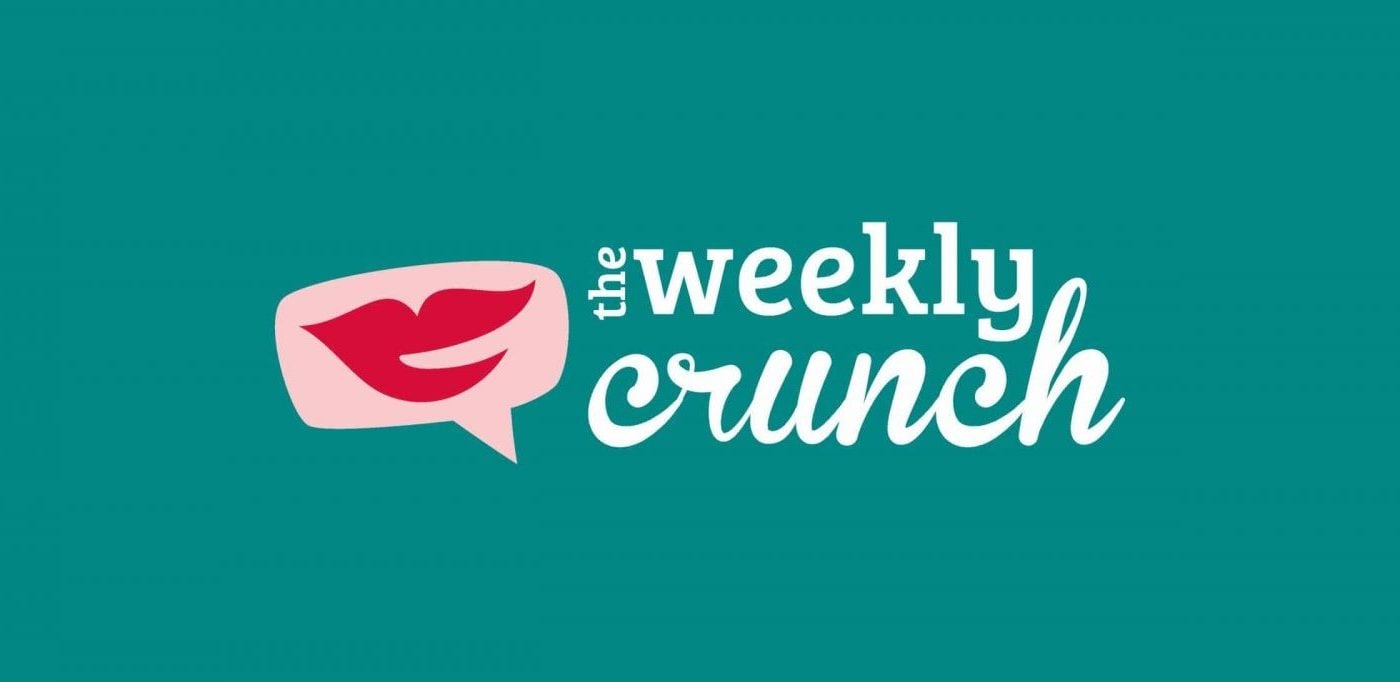Can Healthy Anger Be An Empowerment Tool For Women?
Emotions are neither good nor bad at their core. But when it comes to anger, women are still the first ones to feel guilty about it. We are taught that anger is born from aggression, and is destructive. But can it also be good for us in moderation, and if directed in the right way?
According to Soraya Chemaly, TED speaker and author of ‘Rage Becomes Her: The Power of Women’s Anger’, women are commonly expected to suppress their anger. “By effectively severing anger from good womanhood – she explains- we choose to sever girls and women from the emotion that best protects us against danger and injustice.”
She also notes that many women are encouraged to use sadness, a less powerful emotion, as a way of minimizing or hiding their own anger, due to a fear of breaking relationships or feeling shame. This is detrimental to social progress because anger is “the emotion that makes the most demands of the world around us.” Therefore, according to her, we need to allow and empower women to express their anger, and this must start early because of categorising anger as “masculine” and sadness as “feminine” starts in infancy and continues into adulthood.
But what does make women angry, nowadays? From wage gaps and discrimination to harassment, domestic violence and condescension, the list is long. But the tide is changing as more women are learning how to use anger as a powerful tool. The key to breaking the silence is to be brave enough to stop pleasing people.
If someone does not care to consider why you are angry, or why anger is your approach to a specific event or problem – says Soraya Chemaly- then that person is almost certainly part of the problem. In many environments, all you have to do to be castigated as an angry woman is to say something out loud so you might as well say exactly what’s bothering you and get on with it. This means that, usually, you have to come to terms with not always being liked.
Be aware, our anger and assertiveness will probably make some people unhappy and uncomfortable, though. According to Chemaly, we must be prepared to be labelled humourless, difficult, a spoilsport as there will always be someone who is deeply uncomfortable with our anger. In order to express ourselves with confidence, it helps, in these circumstances, to think of the difference between being nice (which women are taught to do at all costs) and being kind. “Nice is something you do to please others – she explains-, even if you have no interest, desire, or reason to. Kindness, on the other hand, shows that you are true to yourself first“.
So, how do we constructively deal with our own anger?
Anger can be our emotional radar detector, a voice, a warning signal, a cry for help, telling us that something is not right in our world. However, like all emotions, anger has its purposes, which can be used to good effect. It’s a kind of positive energy and a powerful motivating force that can make us push on towards our goals in the face of problems and barriers. If you’re ever in a situation where someone is making you feel that your anger is ‘wrong’ or ‘bad’, remember that it is perfectly healthy to experience anger.
Experts advise using the feeling as a prompt to look inwards and explore what you need. Developing the skills to cope with anger in a way that is assertive (rather than suppressing it or lashing out) is the key to not letting the emotion overcome and control you. In particular, psychologist and specialist in anger management, Bernard Golden, author of “Overcoming Destructive Anger: Strategies That Work” suggests that a healthy response to anger is possible.
Healthy anger means observing and experiencing anger without being overwhelmed by it and reacting to it – he says-. It demands reflection, the capacity to pause and assess whether the threat we feel is real and imminent, to determine the urgency of the situation, and to respond appropriately and constructively. Healthy anger means viewing anger as a signal to direct our attention inward to identify our core desires, needs, and values a call for developing self-compassion, which includes skills to enhance our sense of safety and connection.
By making a commitment to cultivating the practice of healthy anger, we will not only learn how to use this controversial emotion but also how not to let anger use us, with plenty of benefits for ourselves and others.



